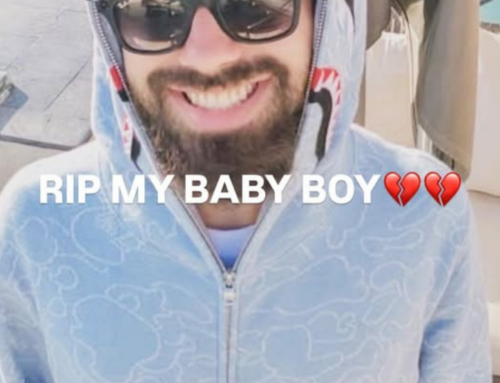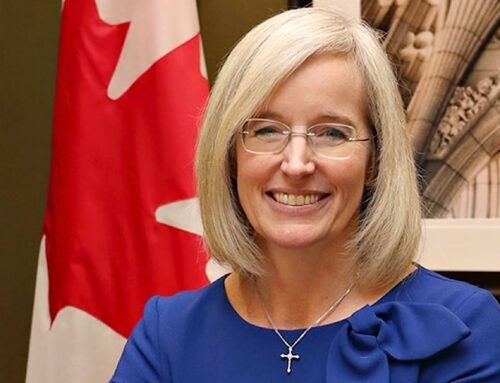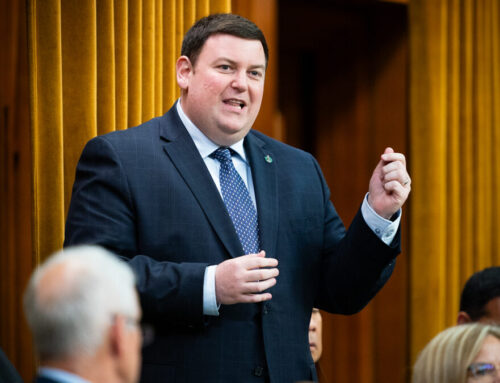 Often in our culture, assisted-death is considered a caring act that affirms the choice of one who is ill, and that no harm can arise from its legalization. The new documentary Fatal Flaws: Legalizing Assisted Death, by the Euthanasia Prevention Coalition and DunnMedia, shows that this is not the case as it examines the harms that have arisen through euthanasia and assisted-suicide following its legalization in the Netherlands, Belgium, Canada, and in some U.S. states such as Oregon.
Often in our culture, assisted-death is considered a caring act that affirms the choice of one who is ill, and that no harm can arise from its legalization. The new documentary Fatal Flaws: Legalizing Assisted Death, by the Euthanasia Prevention Coalition and DunnMedia, shows that this is not the case as it examines the harms that have arisen through euthanasia and assisted-suicide following its legalization in the Netherlands, Belgium, Canada, and in some U.S. states such as Oregon.
Fatal Flawsshows Kevin Dunn of DunnMedia travelling over 50,000 kilometres over two years to examine the cultural changes that have occurred due to the legalization of assisted death. Through the course of the documentary, Dunn interviews people who have been negatively affected by assisted death in various countries that have legalized assisted-death, as well as many leaders of the assisted-death lobbies in the United States and the Netherlands.
Some of the interviewees who’ve been affected by assisted-death include Margareet, who’s mother was euthanized in the Netherlands without consent, and Helen, whose mother had an infection and would have been euthanized had Helen not intervened and ordered a second opinion which found that her mother was not even in danger of death.
One particularly powerful interview is with Sheila Elson and her 25-year-old daughter Candice Lewis. Candice has several medical conditions, such as spina bifida, cerebral palsy and chronic seizure disorder. Their story made headlines last year when Candice, in an emergency hospital stay, was pressured multiple times by her doctor to choose assisted-suicide. While Candice was within earshot, the doctor recommended to Sheila that Candice should have assisted-suicide, and the doctor told Sheila that she was being selfish when she said she was not interested. According to Candice, the doctor talked to her a lot about how she should choose assisted-suicide, even though she did not ever state that she wanted to die.
Through the conversations in the documentary it can be seen that once the door to legalized assisted-death is open, the criteria for who can be killed is bound to expand because of its motivation in autonomy. As the documentary states, it is not pain, but the fear of future suffering, the fear of losing complete control over one’s future, and the fear of being a burden onto others that are the primary reasons why people choose assisted-death. These are existential pains, not physical pains, and most able-bodied people who had these reasons would be given therapy or medication, but the documentary shows that because someone has an illness, a disability, or is elderly, it is not uncommon for them to be offered assisted-death by doctors. And because doctors self-report the deaths with which they assist, there is no effective oversight to ensure doctors are reporting the reasons for assisted death correctly, which is why, for example, seven per cent of assisted-deaths in Quebec do not comply with the law.
The documentary shows that the legalization of assisted-death does not just affect the lives of vulnerable people, but that it affects the culture as well. The film shows viewers the Netherlands’ Week of Euthanasia, which has been organized by the Dutch Right to Die Society since 2012. During the Week of Euthanasia, issues around assisted-death are discussed in the media, generally in a positive light. .
Fatal Flawsshows that assisted-death is fundamentally about doctors affirming to some vulnerable patients the horrific belief that their lives have no value, and that the best solution to their situation is death. Likewise, a country and society that accepts the legalization of assisted-death also affirms this discriminatory belief. As the film demonstrates, this has lead to many disastrous cases such as involuntary euthanasia, patients being pressured into euthanasia, and patients being offered euthanasia as a substitute for costlier but appropriate medical care. What’s more, many of the flaws in assisted-death laws are intentionally put there to protect doctors who participate in euthanasia and assisted-suicide. For these reasons, Fatal Flawsfulfills a necessary role in making us aware of the consequences of assisted-death laws.




